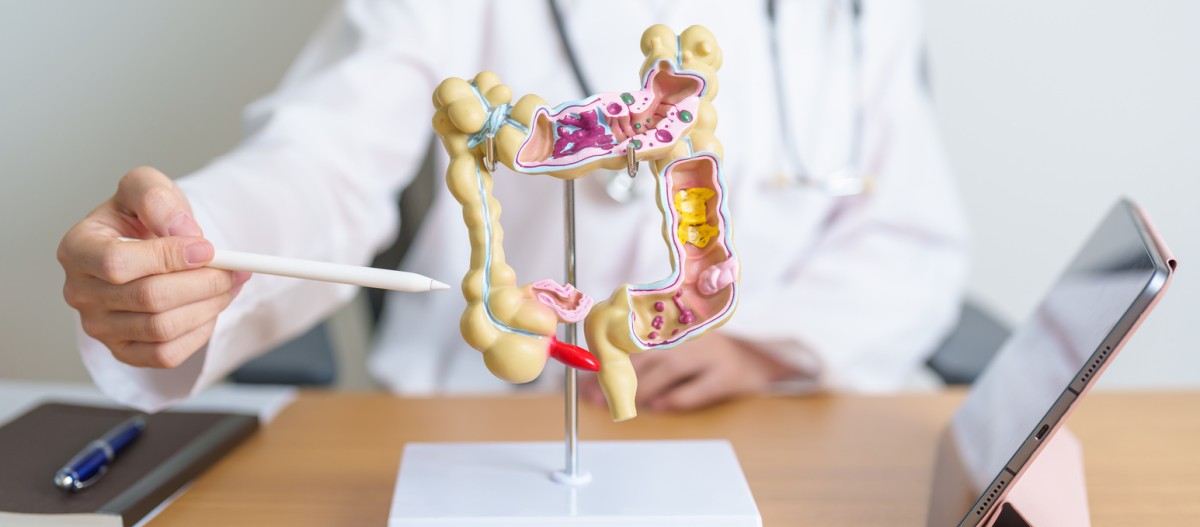Know your risk of Colon Cancer with UP Health System – Portage General Surgeon Tim Sears, MD
March 20, 2024

Did you know colonoscopies could identify colorectal cancers early when the odds of successful treatment are highest? General Surgeon Tim Sears, MD, UP Health System – Portage, talks below about the importance of bringing awareness to colorectal cancer, risk factors, advice to improve colon health and what to expect during a colonoscopy procedure.
Q: With March being Colorectal Cancer Awareness Month, why is it important to bring awareness to getting a colonoscopy?

A: It’s important to bring awareness and encourage patients to schedule their colonoscopy screening if they have not already done so, as more than 50,000 people die from colon cancer each year in the United States. Regular colonoscopies should be scheduled starting at the age of 45 and every 10 years, at minimum. If you’ve been identified as high risk or if symptoms(s) are present, you’ll need them done more frequently. Colonoscopies are the best tool to identify precancerous polyps and remove them before they become cancerous, or catch colorectal cancer in its earlier stages when it's more treatable.
Q: What are the risk factors or symptoms we all should be paying attention to?
A: For some, colon cancer can present at an early stage with little to no symptoms. For others, if obvious symptoms arise like abnormal changes to your daily bowel movements, rectal bleeding or blood in stool, ongoing abdominal discomfort or cramps, gas or pain, and weakness or tiredness, it is encouraged to speak with your primary care provider to seek a referral to a general surgeon right away. Experiencing symptoms or not, it is always a good idea to schedule your colonoscopy just to be safe.
Q: What advice do you have for someone looking to improve their colon health or prevent colon cancer?
A: Eat a healthful and balanced diet that includes lots of fruits, vegetables and whole grains while reducing the consumption of processed foods is a great way start to improve overall colon health. Participating in physical activity regularly, controlling your weight and quitting smoking can also make a significant impact. Any positive changes like this—big or small—can go a long way.
Q: What should one expect during their colonoscopy?
A: Many patients worry about their experience with a colonoscopy being embarrassing, too difficult or unpleasant. Fortunately, with recent advancements in technology, the process is much more comfortable. Prior to your scheduled exam, we will instruct you to go on a clear liquid diet, an important step because it will ensure we can get a good, clear view of your colon.
Before the procedure, you will be given a sedative to help you relax and to prevent any discomfort. The surgeon will then insert a thin, flexible tube called a colonoscope into your colon, and will use it to look for lesions or small growths called polyps. If any polyps are found, they’ll be removed if possible during the procedure and sent to the lab for biopsy.
When all is said and done with the prep and procedure itself, it's about a day of your time that has the potential to save your life!

You may feel anxious about scheduling your colonoscopy, but our surgeons at UP Health System – Portage are here to help and give you a greater peace of mind that all is well.
If you are 45 or older and have not yet had a colonoscopy, now is the time to talk to your primary care provider about your risk for colon cancer and get one scheduled. Need a provider? Visit UPHealthSystem.com and click on Find a Provider tab to get connected to one today.
Want to learn more about your colon health? Start with taking our free colon health risk assessment.
